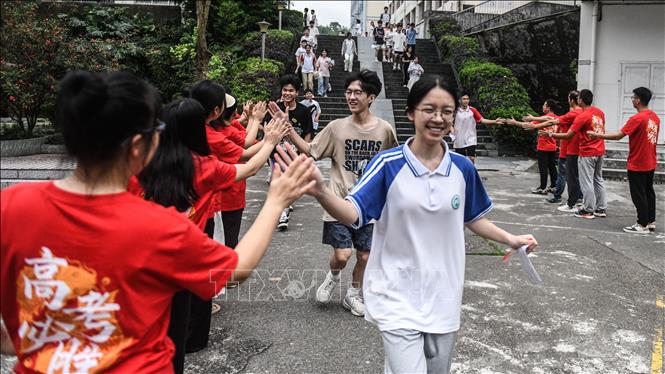
According to CNA (Singapore), these students are turning to schools that offer more stable career prospects or degrees in emerging fields such as artificial intelligence (AI).
In August, news of some of the top scorers in the Gaokao turning down offers from “elite” universities went viral. “Where will the top scorers who rejected Tsinghua University go?” became a trending topic on Chinese social media.
One case involved a top-scoring student in Beijing who turned down an offer from Peking University to study AI at Zhejiang University in Hangzhou. Hangzhou is also home to AI startup DeepSeek, founded by a Zhejiang University alumnus. The university launched special DeepSeek courses earlier this year amid China’s push to develop its AI industry nationwide.
According to ShanghaiRanking, Zhejiang University remains among China's top higher education institutions, ranking third this year. Tsinghua University is in first place, while Peking University is in second place.
Another top gaokao scorer from Chongqing chose to major in semiconductors at Westlake University, a newly established private research institute also based in Hangzhou.
Shaun Rein, founder of China Market Research Group, said that these students are not rejecting top universities in search of inferior options. “It’s not like they’re rejecting the number one or number two university to go down to the 100th position. It’s like rejecting Yale or Princeton to go to MIT,” he said.
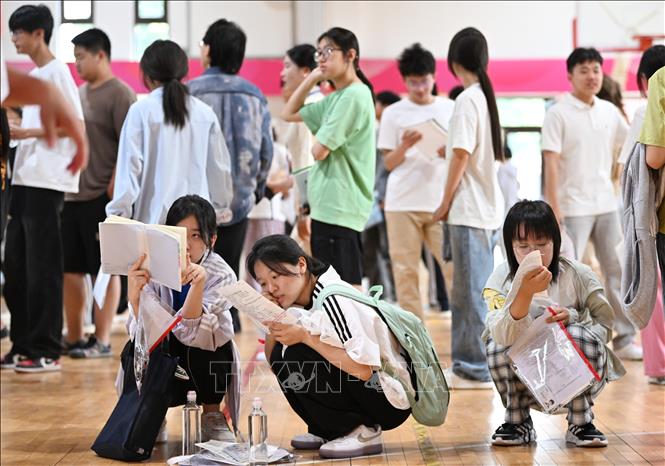
The change in school choices of students with high scores in the college entrance exam comes as young Chinese face increasing pressure in the job market.
“These choices reflect the current employment environment,” said Xiong Bingqi, a researcher at the 21st Century Education Research Institute. “Many students and parents will prioritize stable career prospects over prestigious universities.”
Military academies are also seeing increased interest. A record 135,000 high school graduates applied this year, according to China’s Ministry of National Defense . Benefits at military schools like the National University of Defense Technology include free tuition, monthly stipends, and guaranteed military careers.
Mr. Rein also pointed to innovation at schools like Zhejiang University, which is investing “mountains of money” in attracting students and focusing on areas like semiconductors and AI.
“The Chinese government is shifting the economy away from heavy investment in things like housing and real estate, which used to account for 40% of the economy. Now it accounts for about 25%,” he analyzed. The ongoing tariff war with the US has also pushed China to shift away from low-cost manufacturing.
Furthermore, according to local media, enrollment rates for some traditional majors such as history and philosophy have fallen at prestigious universities. China is expected to adjust about 20% of university majors this year, adding a range of new programs tied to emerging technologies and phasing out those it says no longer meet current needs.
However, some experts warn that schools should not focus solely on employment.
According to Xiong Bingqi, the focus of universities should be on cultivating students' basic abilities and overall qualities, not on employment. On the contrary, vocational training institutions should be the ones to focus on employment.
Source: https://baotintuc.vn/giao-duc/ly-do-nhieu-thu-khoa-ky-thi-dai-hoc-trung-quoc-quay-lung-voi-cac-truong-nhom-dau-20251009153941459.htm






![[Photo] Prime Minister Pham Minh Chinh receives President of Cuba's Latin American News Agency](/_next/image?url=https%3A%2F%2Fvphoto.vietnam.vn%2Fthumb%2F1200x675%2Fvietnam%2Fresource%2FIMAGE%2F2025%2F12%2F01%2F1764569497815_dsc-2890-jpg.webp&w=3840&q=75)
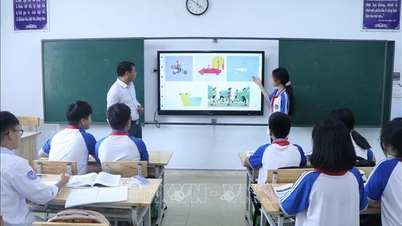


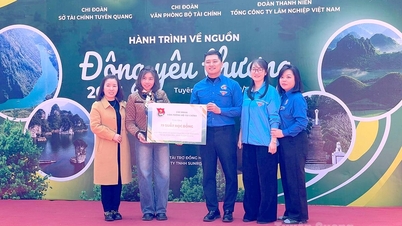

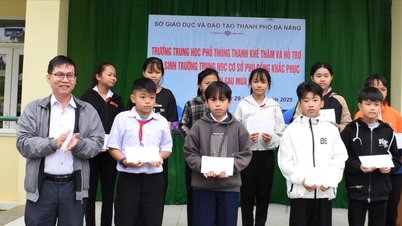



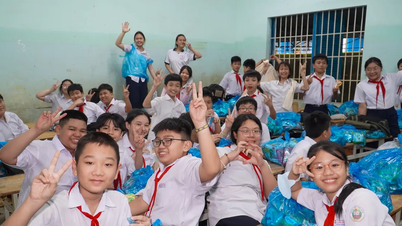

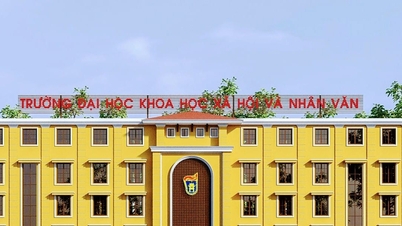


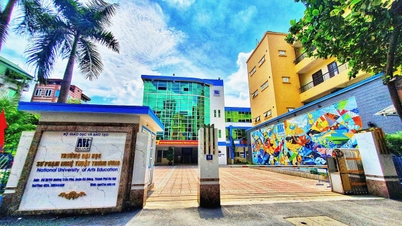


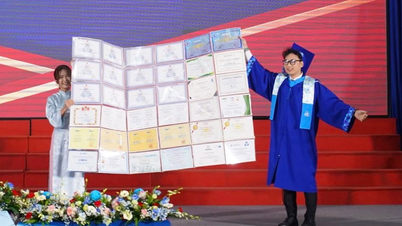






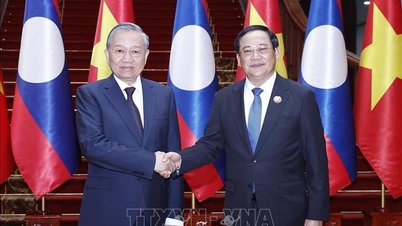
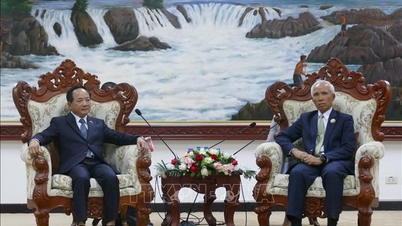
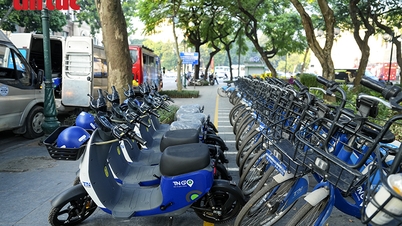




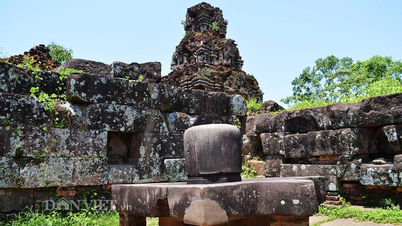



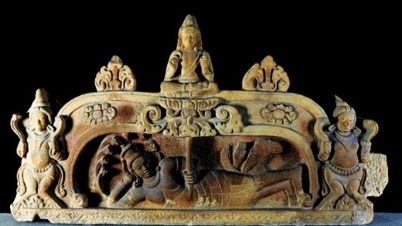
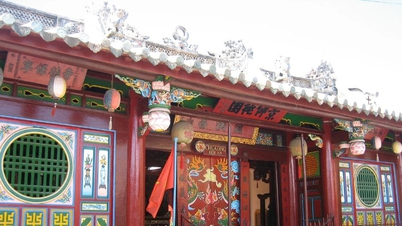


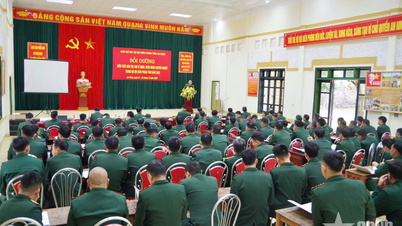

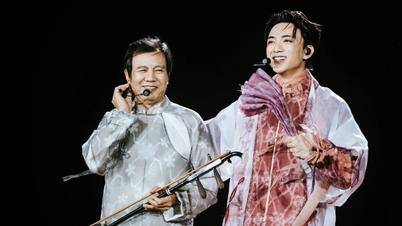

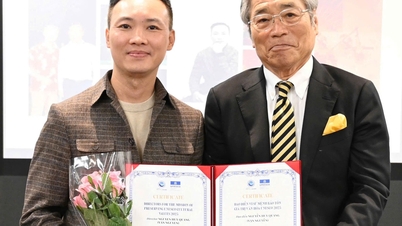
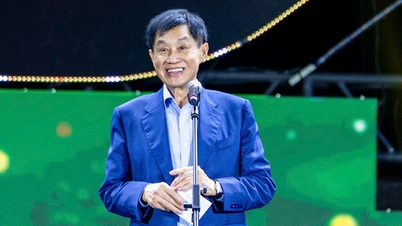

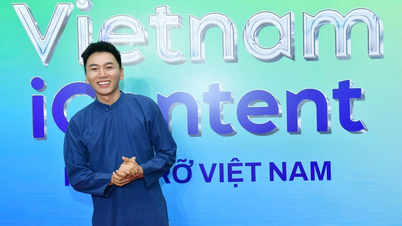

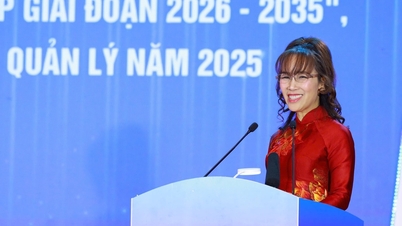
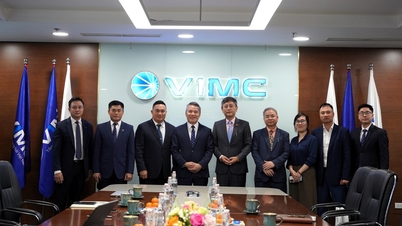


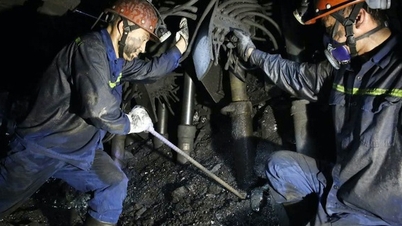


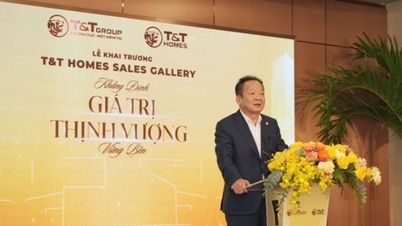












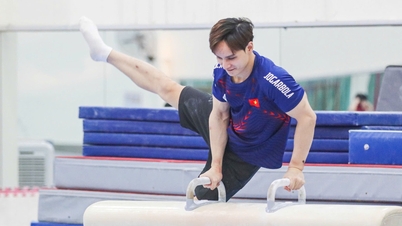
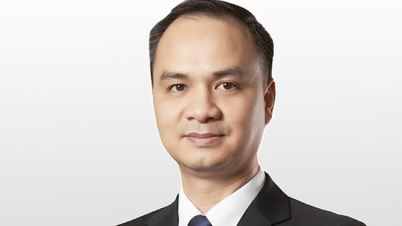

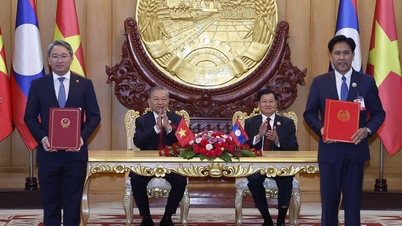
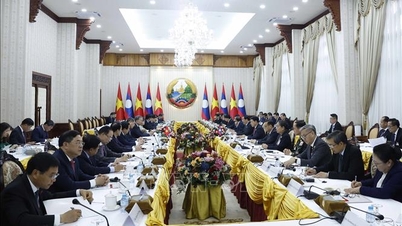



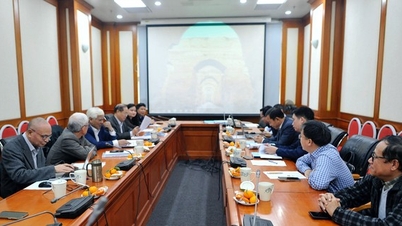


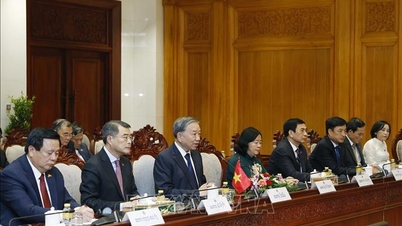



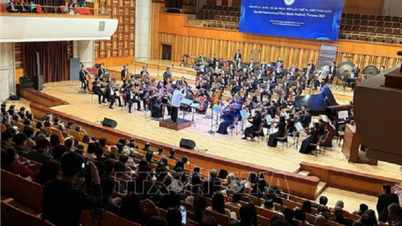


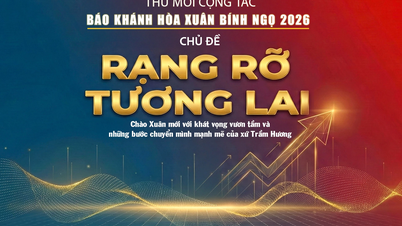
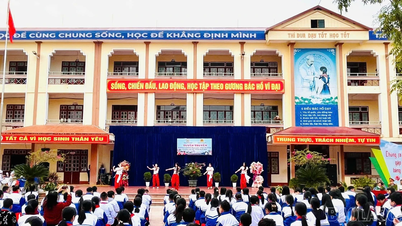













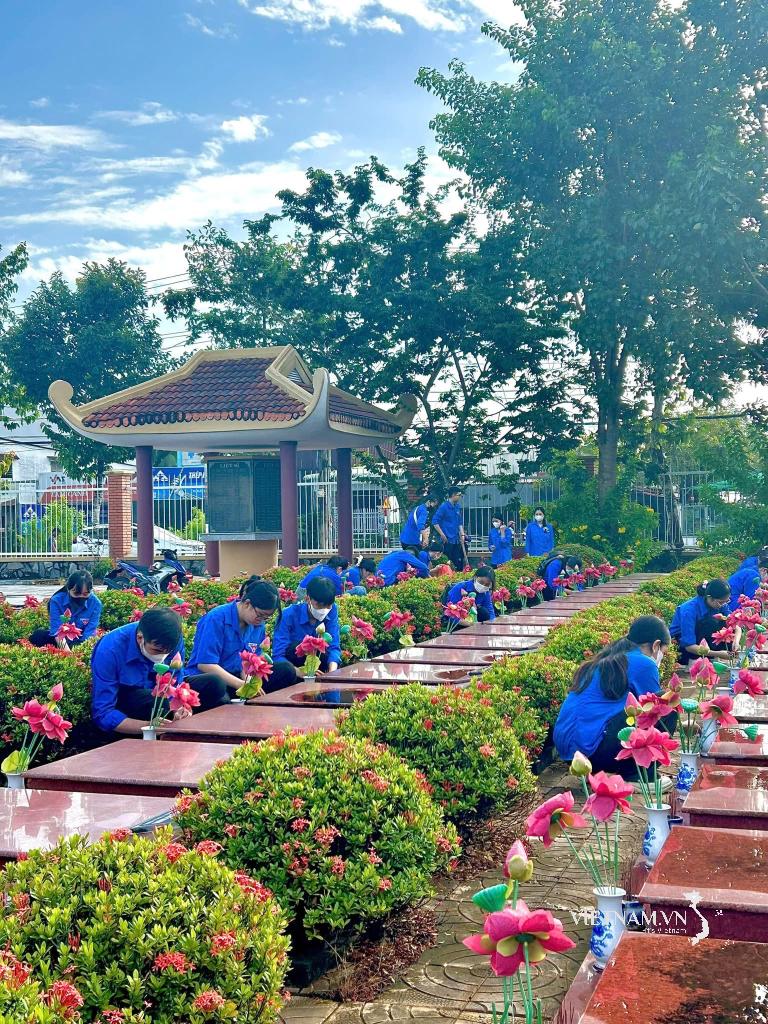
Comment (0)